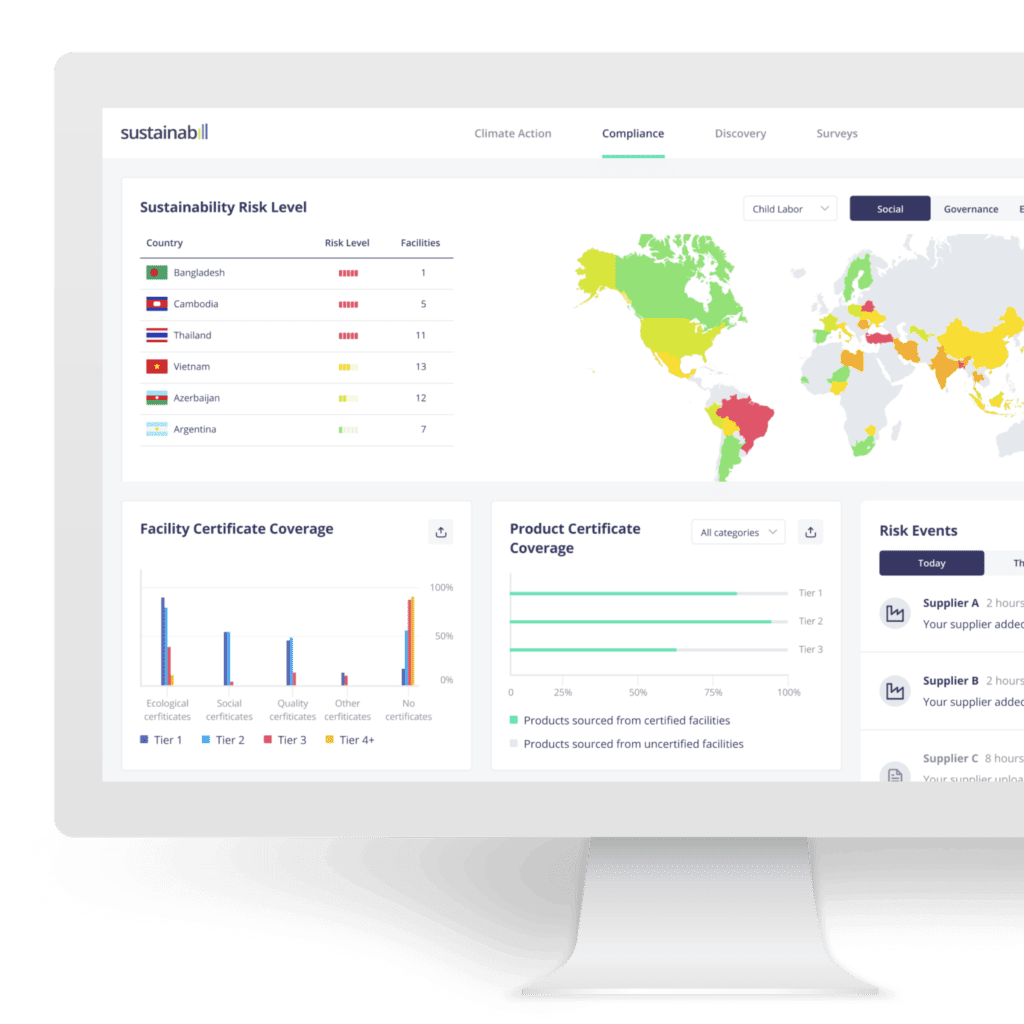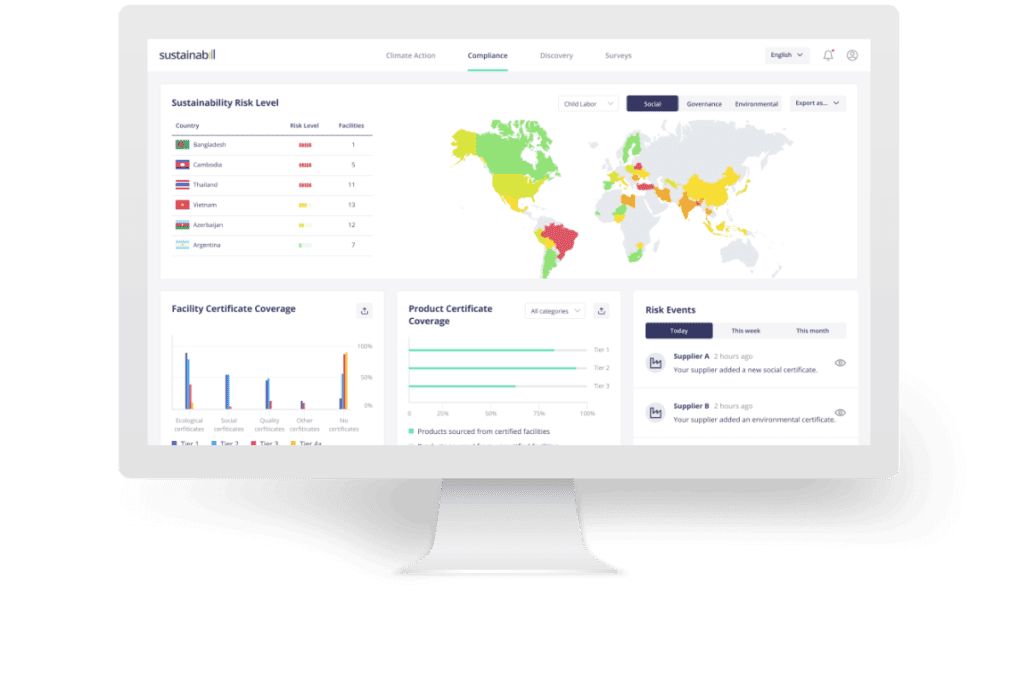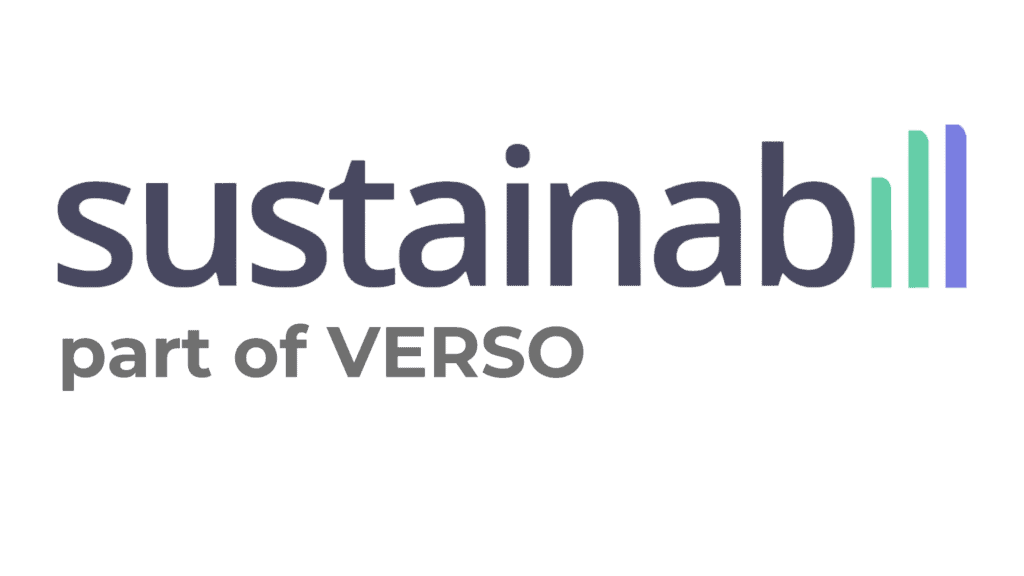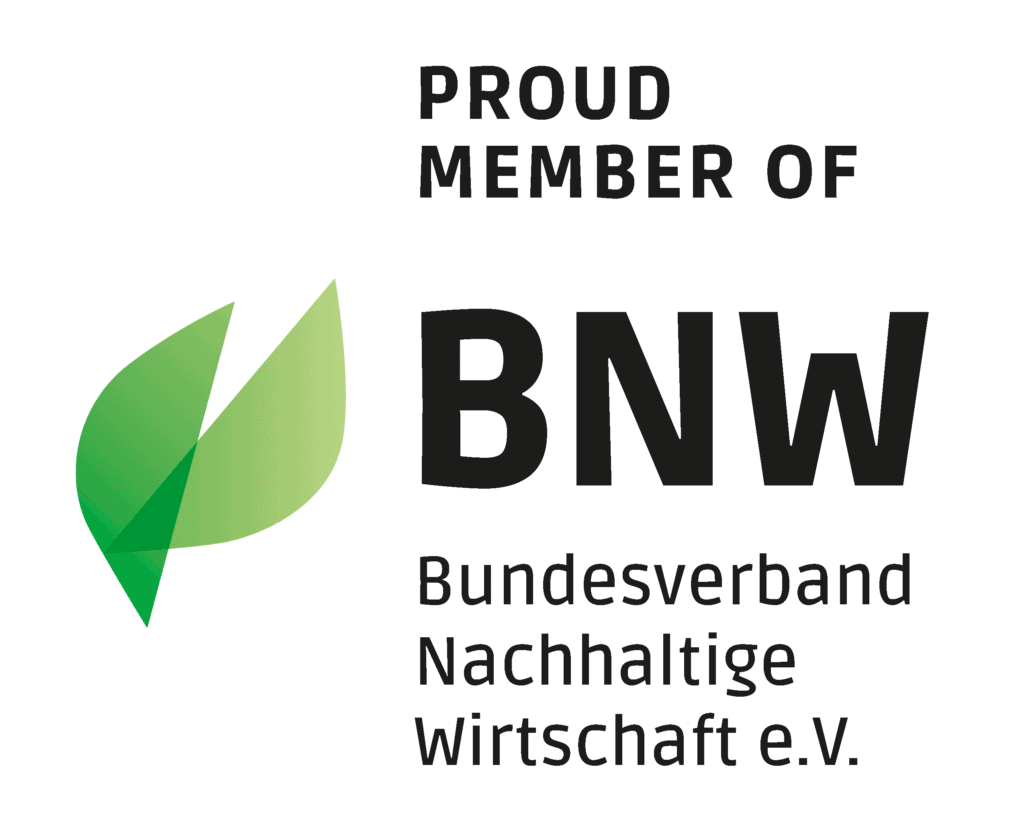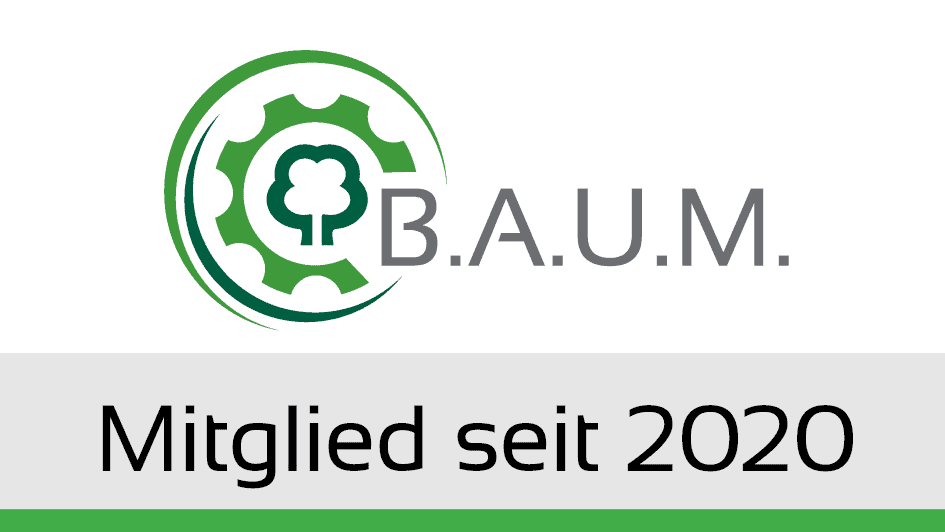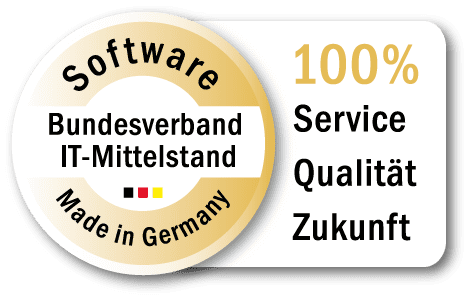For more in-depth insights and a roadmap to climate action in the supply chain, we wrote a white paper on implementing climate action in the supply chain.
Throughout the world, millions of adults and children experience violations working on plantations, obtaining raw materials, and assembling merchandise for the global market. They are at the bottom of worldwide supply chains, from daily goods such as vegetables and fish to luxury products such as jewelry and designer clothes that end up on global store shelves. Unfortunately, the COVID pandemic we are experiencing has only worsened their situation.
Guaranteeing social compliance and eliminating human rights issues from the supply chain has become a critical and multifaceted task for companies – especially looking at the currently discussed mandatory human rights due diligence (e.g. the “Lieferkettengesetz” in Germany).
The UN Guiding Principles on Business and Human Rights provide businesses with voluntary guidance on their human rights commitments. Further human rights references are the Sustainable Development Goals (SDGs), the OECD Guidelines for Multinational Enterprises, and the ILO MNE declaration. Voluntary standards, which have evolved rapidly in recent years, can be beneficial but are often not adhered to enough. Now the government also needs to recognize that new, legally enforceable laws are mandatory to make companies accountable for human rights. Governments are gradually evolving in several countries in this regard.
Making human rights a priority and setting targets before it becomes legally binding can give a head start in from the competition.
Supply chain collaboration discussions typically concentrate on brands and retailers, particularly those who deal directly with customers and whose reputations are at stake for sustainable sourcing commitments. So far, this situation stimulated relationships between supplier and consumer to become mainly transactional. Nowadays, however, suppliers also face increased customer expectations for corporate sustainability and disclosure. This customer awareness has led businesses to reconsider how they communicate with their suppliers.


